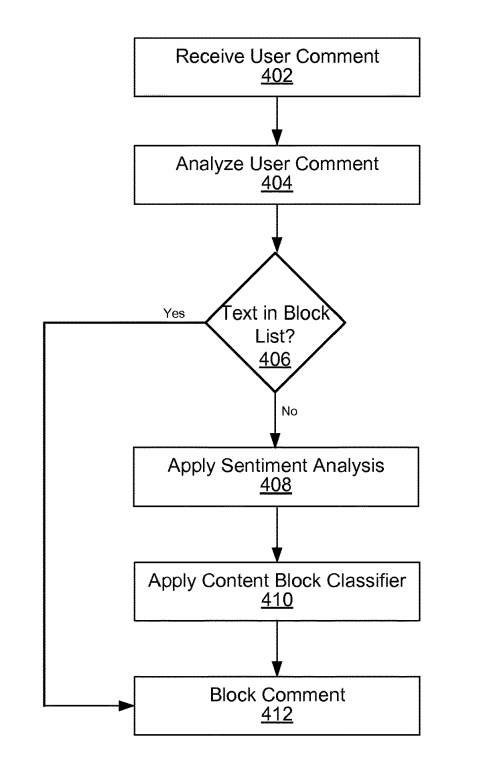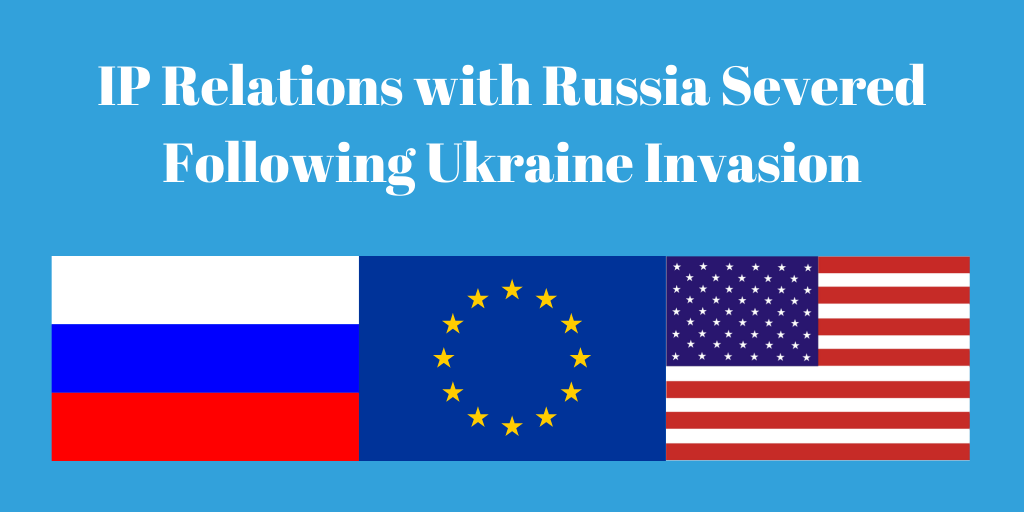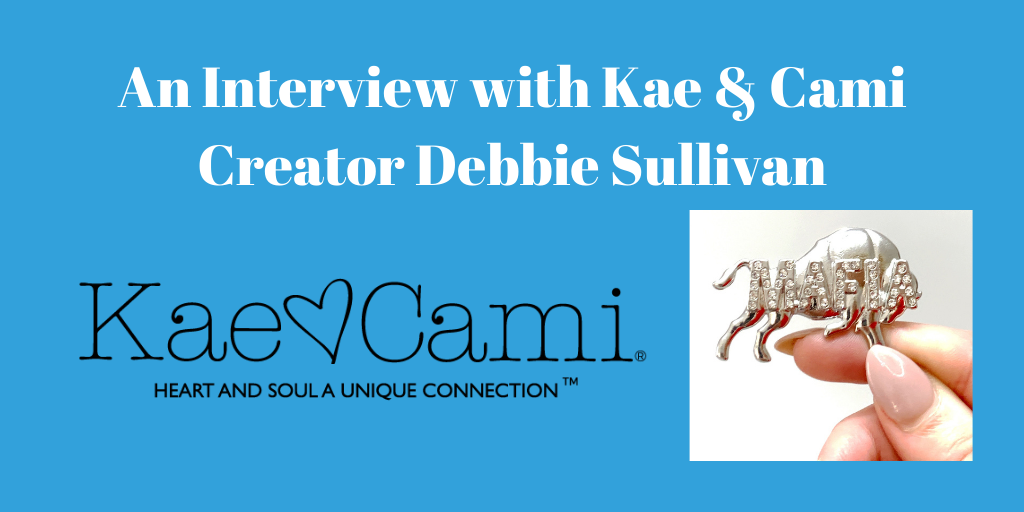Every week, we will be highlighting the top patent, copyright, trademark, intellectual property, etc. stories of the previous week in our “In Case You Missed It” segment. The list itself is in no particular order and includes a wide range of stories from the patent world that are informative, noteworthy, or just plain bizarre. The stories included encompass everything from Supreme Court cases to insights into growing industries. Please feel free to comment your thoughts on the stories or share an important one we missed!
“Facebook Was Granted a Patent to Silo Group Posts”
Last week, Facebook was granted a patent to essentially shadowban users. A “shadowban” is when the moderator of a social media site or forum “bans” a user so that others will not be able to see their comments or posts. The banned user is unaware they have been shadowbanned as they are still able to see their own comments and posts.
Dubbed “Moderating content in an online forum,” the patent would “permit page moderators to ban certain content from being displayed on a page.” The patent notes such “proscribed content” as being “profanity, offensive content, insensitive content, derogatory content, and racial slurs.” Additionally, the patent goes on to explain how the site may then display the blocked content “to the commenting user such that the commenting user is not made aware that his or her comment was blocked,” aka shadowban.

Facebook claims this will cut back on spammers and trolls who try to workaround filters. The “proscribed content” may be identified by a block list or machine learning algorithms that “calculate a probability that a comment contains proscribed content.”
In what seems like an effort to curb spam and harassment online, Facebook’s patent will enable moderators of a page to limit a user’s comments viewable to only themselves and their friends. Whether or not Facebook implements the technology is yet to be seen. The site already grants moderators a great deal of authority. To read more about this story, click here (via Engadget, July 16th, 2019).
“Philadelphia Bar Seeks Payment From St. Louis Blues’ ‘Play Gloria’ Craze During Stanley Cup Run”
During the St. Louis Blues’ epic Stanley Cup run this past spring, their avid fanbase was infatuated with playing Laura Branigan’s 1982 single “Gloria” following victories. If you do not believe me, here is a video of Blues fans singing along to “Gloria” after the team won Stanley Cup Game 5.
Indeed, it’s fair to say the craze took over the city during the playoffs and only grew after each win. The rallying cry “Play Gloria!” became a citywide meme and the face of t-shirts, hats, sweatshirts- you name it- sold inside and outside the arena. And, boy, you can bet they sold a lot.
That is where Philadelphia bar The Jacks NYB comes in. On May 8th, the bar filed a t-shirt-exclusive trademark for “Play Gloria” and on June 1st they filed another “Play Gloria!” trademark for use on t-shirts, advertisements, mugs, cups, and other miscellaneous items. The bar has sent out cease-and-desist letters to those selling t-shirts bearing the slogan without permission.

The bar proved the trademark to be rightly theirs after Blues players attended the bar for the NFC Wildcard game in January and adopted the song after the house DJ played it for them multiple times. Defenseman Joel Edmundson stated on the team’s official website how and why the team adopted the song, all originating at The Jacks NYB.
“They had a DJ in the bar and whenever there was a commercial break, they would crank the tunes and all these guys from Philly would get up and start dancing around. They played this song Gloria a couple of times, and this one guy looked at the DJ and said ‘keep playing Gloria!’, so they kept playing it. Everyone would get up and start singing and dancing. We just sat back and watched it happen. Right there we decided we should play the song after our wins. We won the next game, we got a shutout, so we just kept on playing it,” Edmundson stated.
The official St. Louis Blues store has pulled “Play Gloria!” shirts and replaced them with “Gloria Gloria” ones, according to ESPN. To read more about this story, click here (via USA Today, July 16, 2019).
“IBM Triples Number of Blockchain Patents in US Since Last Year”
Back in March, we covered the extraordinary growth in blockchain and cryptocurrency-related patents around the world. The once-considered shady technology is now being embraced by some of the most influential companies on Earth including banks, credit services, and technology companies such as IBM. In fact, IBM is dominating.
In the span of a year, IBM has grown their U.S. blockchain patent portfolio by 300%, up to 108 patents as of June 2019. That may not seem like a lot but for an emerging industry, IBM appears to be cornering it. The company has filed 56 more patents than its closest contender, Bank of America, who has 52, respectively.
As for what country is dominating the blockchain patent race, look no further than China. Companies there filed 4,435 patents between 2013-2018. This overshadows U.S.-based companies who only filed 1,833 patents in that span. China’s top filer is e-commerce giant Alibaba with 262 patents who interestingly enough has only 25 U.S. patents filed. It will be interesting to see in the coming years how the early blockchain adopters fair with the technology or whether they abandon it completely. To read more about this story, click here (via CoinTelegraph, July 17th, 2019).
“Google Accused of ‘Brazen’ Patent Infringement in Online Advertising”
Google is being hit with a new lawsuit from former partner, Impact Engine Inc., an advertising software company. The company states Google infringed on 6 of its advertisement patents. Impact Engine had shared source code,m prototypes, and other sensitive information with Google only for Google to launch a similar product, Display Ad Builder, once the two split ways. The two were partners for two years from 2005-2007 where Google had requested the company develop a prototype. To read more about this story, click here (via Silicon Valley Business Journal, July 16th, 2019).








